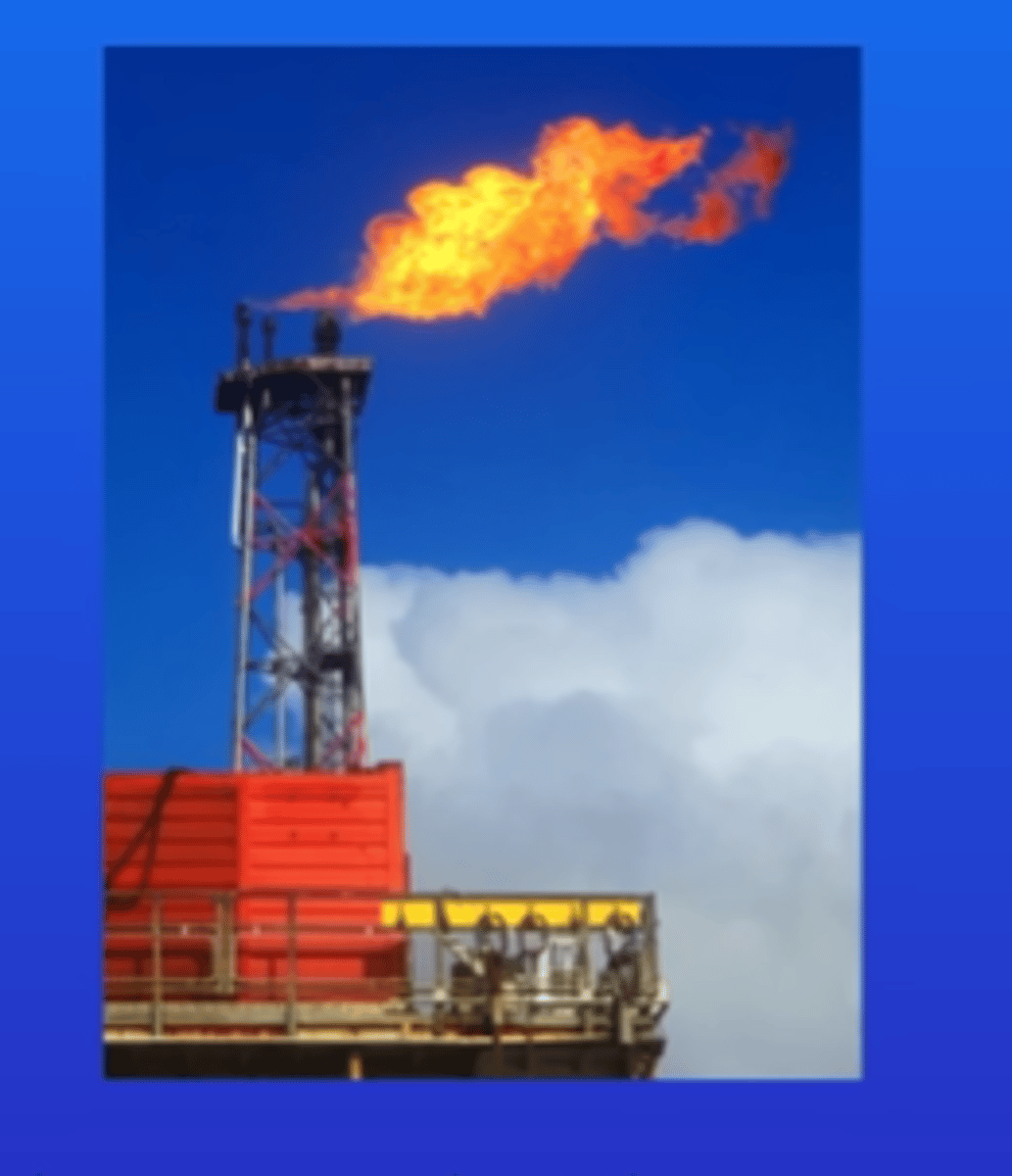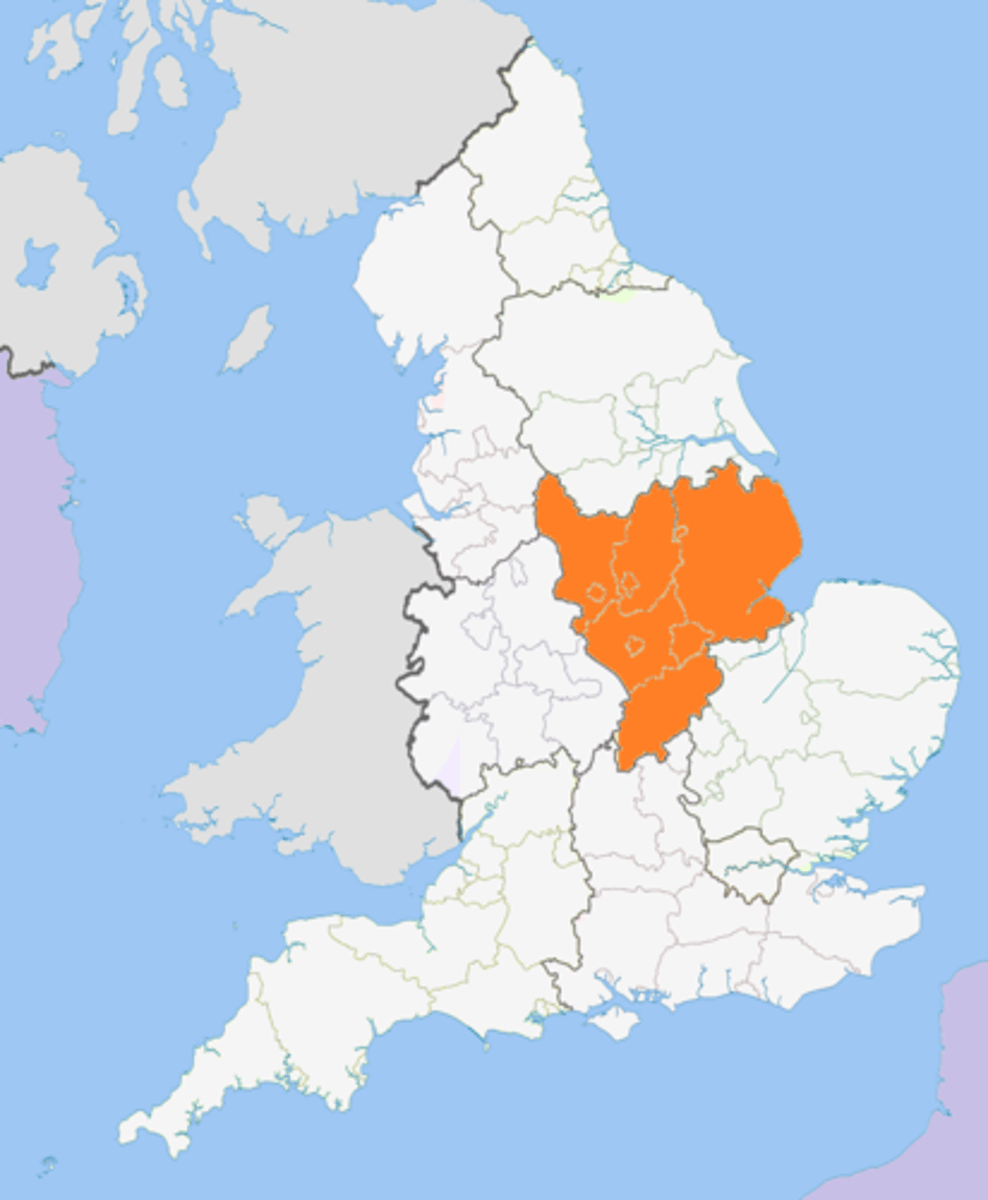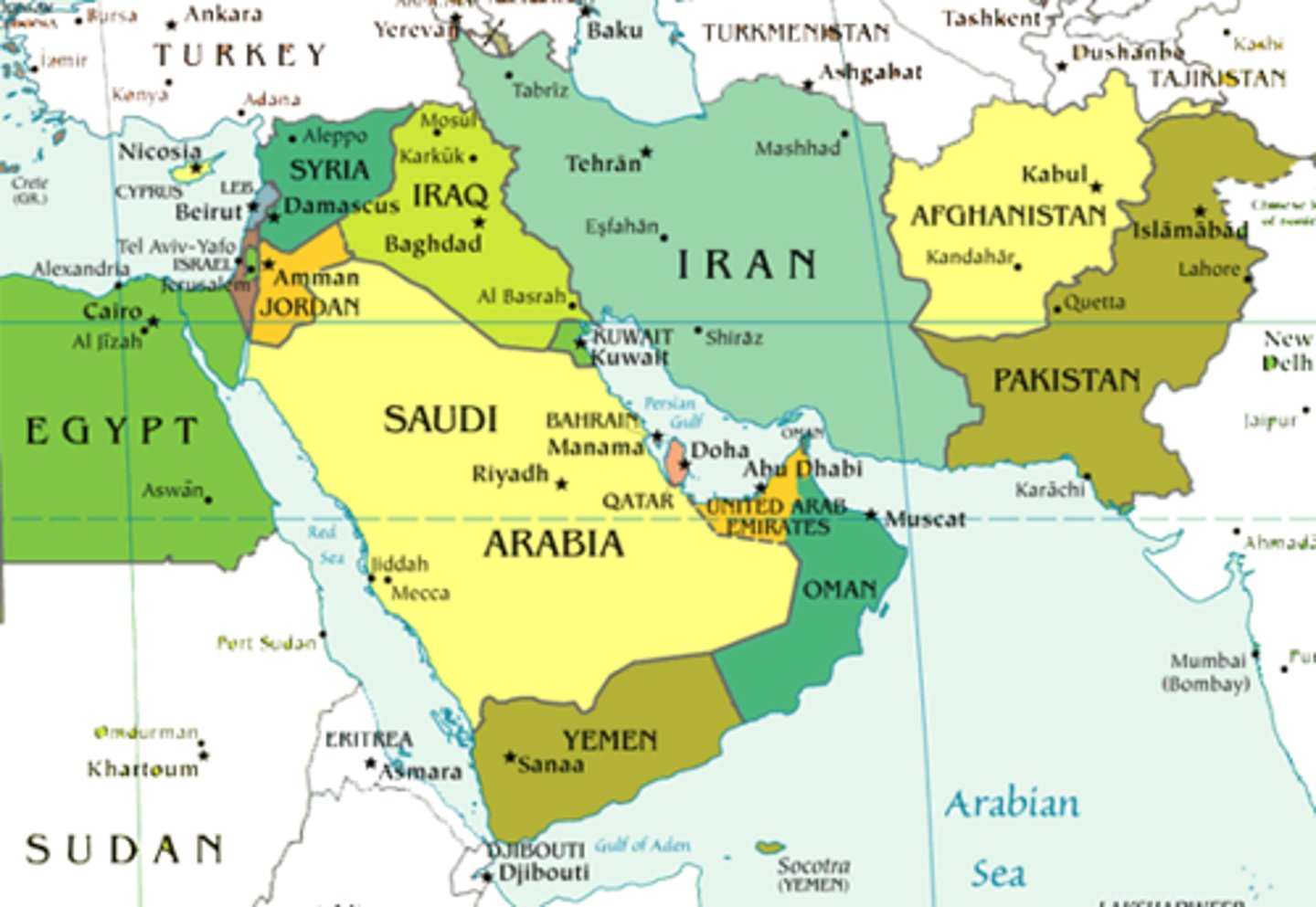Features of Fossil Fuels
1/11
There's no tags or description
Looks like no tags are added yet.
Name | Mastery | Learn | Test | Matching | Spaced |
|---|
No study sessions yet.
12 Terms
What are fossil fuels?
Fuels produced over millions of years from decayed animal and plant matter, like oil, gas, and coal

Why are fossil fuels popular?
- Easy to store
- Have a very high energy density, so they can power high energy intensive activities
- Found in very abundant local deposits
Why are new technologies required for fossil fuels?
The most accessible fossil fuel deposits have been depleted, so new technologies are required to exploit remaining deposits
The chemical energy of fossil fuels:
- Easy to store
- Easy to convert into heart energy that is usually required
The energy density of fossil fuels:
- High temps are produced by burning coal, which then enables the smelting of metal ores
- Burning fossil fuels reaches temperatures that are high enough to produce high pressure steam, which can spin turbines and generators in power stations to generate electricity
- The high energy density of fossil fuels allows a small mass of fuel to do a lot, (e.g. 5 litres of petrol can carry 1 tonne of car for 80km)
What are finite resources?
Their exploitation will lead to eventual depletion

Why are finite resources not good for communities?
It means industrial communities (e.g. the Midlands of the UK) where their towns are heavily reliant on coal fields may not be able to sustain itself

What are reserves?
The amount of resource that can be exploited now, economically, using existing technology.
Why are significant amounts of fossil fuel reserves unexploitable?
The deposits are too deep, found in too small amounts, or in areas which are difficult to reach
Why can't we recover a large quantity of fossil fuels?
- Not economically viable
- May cause unacceptable pollution
- May involve habitat damage in ecologically sensitive areas
Political & International trade Issues
Increasing energy demand influences political decisions about future supplies, often prioritising these needs over reducing local and global environmental impacts
Where are the majority of oil reserves?
In the Middle East, making that it a focus of both trade and political interest
